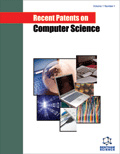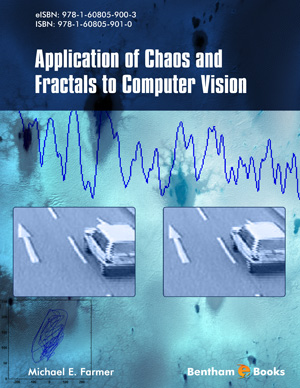Abstract
Solutions for two important problems for the deployment of noise-robust large vocabulary automatic speech recognizers using the missing data paradigm are presented. irst problem is the generation of missing data masks. We propose and evaluate a method based on vector quantization and harmonicity that successfully exploits the characteristics of speech while requiring only weak assumptions on the noise. A second problem that is addressed is computational efficiency. We advocate the usage of PROSPECT features and the L-cluster-Mbest method for Gaussian selection. In total, a speed up of a factor of about 6 can be achieved with these methods.
Keywords: Large vocabulary continuous speech recognition, missing feature, vector quantization, harmonicity.






















